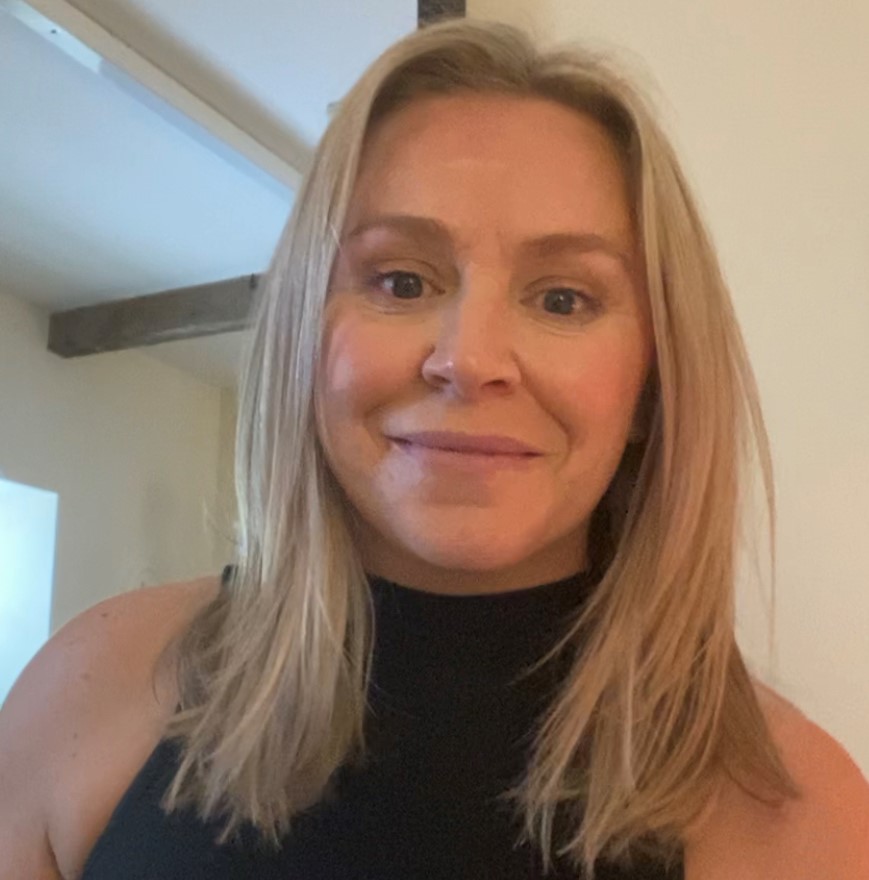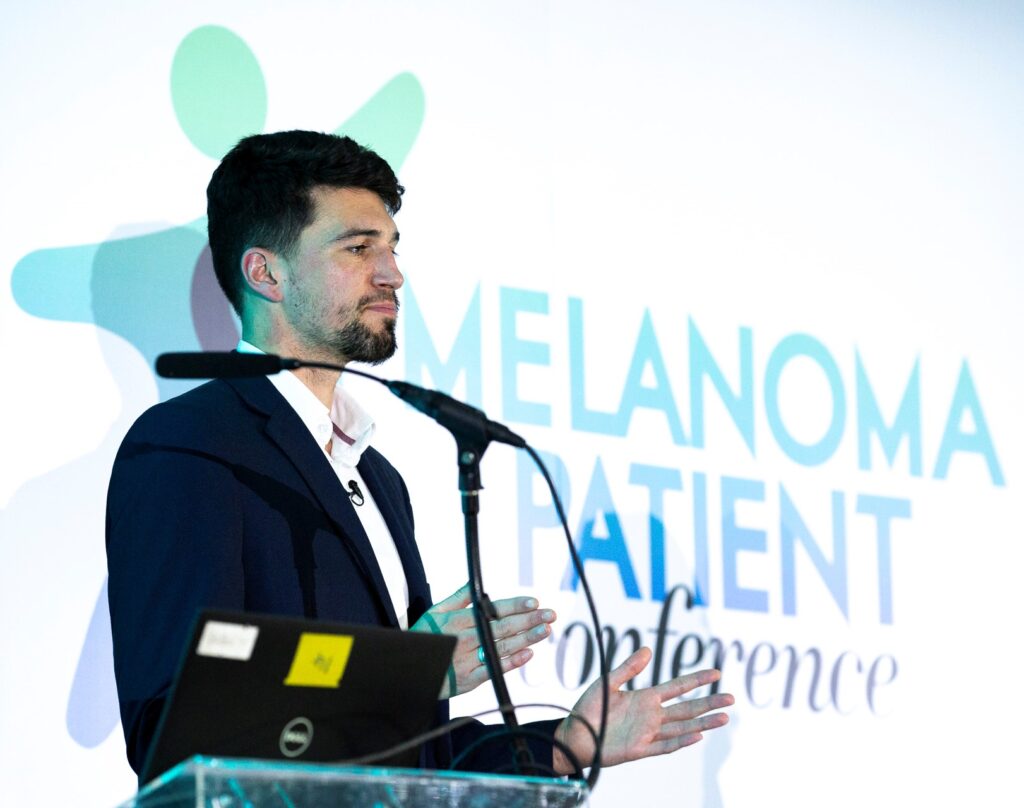
“Any melanoma patient can be part of it. You don’t have to go into a hospital, you don’t have to live near a university that’s active in research, all you need is access to the internet.”
Kelly Norman, patient representative
MyMelanoma is an online-based research project for melanoma patients. The study aims to recruit 20,000 UK patients to provide information on their lifestyle, health and treatment outcomes in order to build a unique and innovative resource for research into the disease.
The project, which is led by the University of Oxford, was initiated by melanoma survivors who wanted to give back to research.
This group of patients approached a professor in Leeds with an idea of creating a new, accessible study that could involve anyone diagnosed with melanoma, without the need to go into hospital.
Early support from the NIHR Oxford Biomedical Research Centre (BRC) helped kickstart the project by providing funding for staffing and IT infrastructure.
This data is expected to answer some of the questions that current melanoma studies cannot solve – and help the 50 people in the UK diagnosed with the disease each day.
Kelly Norman, a patient representative on the MyMelanoma study, said: “Not only does the study look at the science, but it looks at the people too, as in how we as melanoma patients are affected not just physiologically but psychologically.
“Any melanoma patient can be part of it. You don’t have to go into a hospital, you don’t have to live near a university that’s active in research. All you need is access to the internet.”
MyMelanoma is a unique collaboration between patients, the NHS and research scientists. Its simple online approach allows researchers to reach a wide range of participants, offering a higher chance of diverse representation and therefore giving a broader, more complete picture of melanoma’s national incidence.

MyMelanoma has so far recruited more than 1,700 patients from all around the UK, many of them living in rural areas, from the Scottish Highlands to remote parts of Norfolk.
This improved accessibility over commonly used research methods could inform how future healthcare research is designed, particularly to help target geographical areas of the UK traditionally underrepresented in research.
MyMelanoma’s Study Manager, Daniel McAleese, says there are wide-reaching and encouraging applications for this approach: “We’re doing it in melanoma at the moment, but there’s no reason to say that this wouldn’t work for different cancer types. If we can prove that this digital-based, patient-led approach to research works, it could be applied to other areas of healthcare research.”